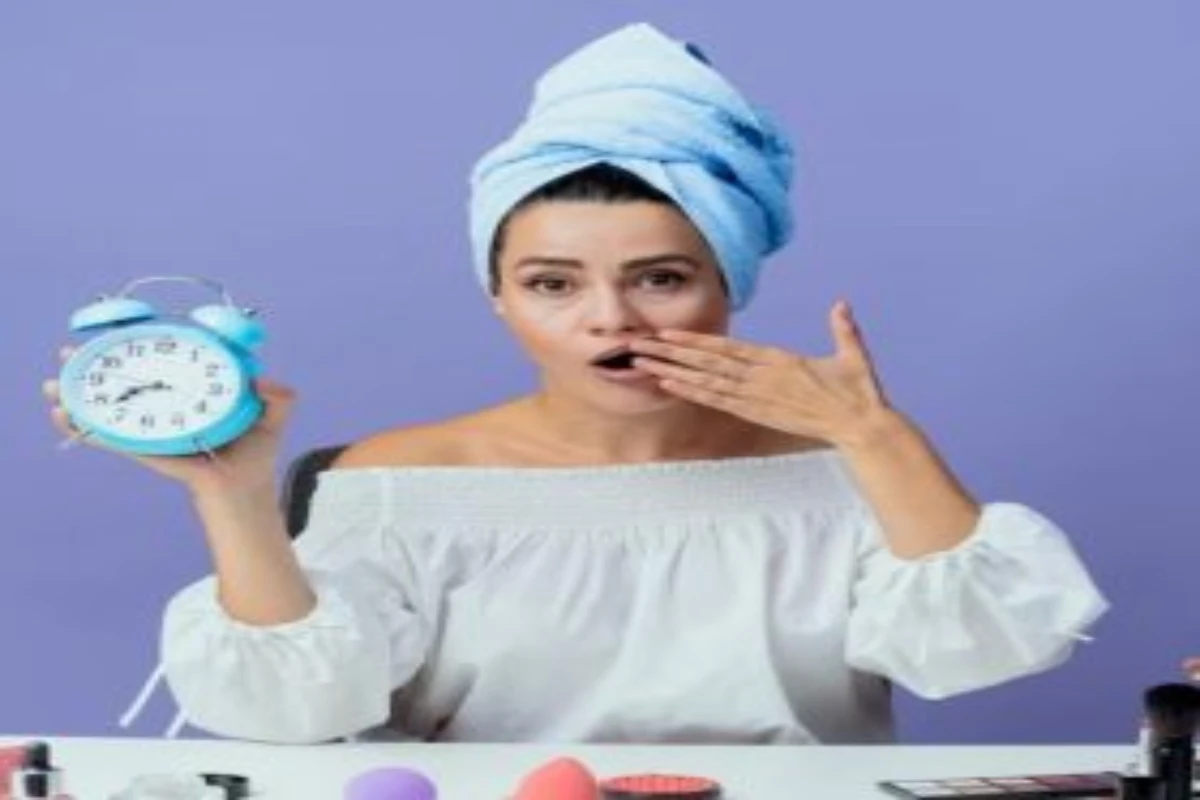Table of Contents
Nemngwa Masekela
Those pesky dark spots are a challenge when wanting clearer skin. With warmer
weather approaching, the effects of UV damage on the skin can possibly worsen your
dark spots. Since that is the case, how can you prevent further damage and heal your
skin? A nightly skincare routine will eliminate all daily factors.
(Thank the moon and the stars!)
What is Hyperpigmentation?
Well known as Dark Spots, Hyperpigmentation is the result of the production of
the pigment melanin, going into overdrive. As we all have a concentration of melanin in
our skin, UV radiation and the most persistent, acne, are prone to increase the
production of melanin as an after-effect reaction. We also can see hyperpigmentation on
other parts of our body. But our faces are exposed to the most sunlight, and sweat
which makes our skin work much harder. Gladly, both UV radiation and acne can be
prevented and protected.
Why at Night?
As the sun takes its rest, stressors of dark spots such as increased sweat and bacteria
can be eliminated at bed time. Increased sweat during the day can possibly clog pores
and increase the likelihood of acne. As you sleep, sweat production will decrease on the
surface of your skin, therefore lowering the chances of acne significantly.
Factors that can slow the healing process of hyperpigmentation, but can be preventable
at night:
● Lower production of sweat, which can potentially cause acne
● Eliminating the Sun’s UV rays
● No frequent contact of your hands and face.
NIghtly Skincare Routine to Heal Hyperpigmentation
1. Use a Hydrating Cleanser
To ensure that dry skin won’t get in the way of making your products the
most beneficial, use a product that includes moisturizing benefits.
Products that lather up with water are great choices. As some of us might
overlook the importance of hydration (having oily skin), Every skin type
could benefit from it.
2. Exfoliate (Twice a Week at Most)
During the day, accumulation of dead skin cells can pile up. At times, they
can appear as little dark bumps across the forehead. As well as the
increase of texture on the skin. Weekly exfoliation can decrease the
appearance of these issues over time.While getting you back to an overall
even complexion. There are two common types of exfoliation:
● Chemical
● Physical
Chemical exfoliants in products could contain BHA or AHA. When applied to the skin
the chemicals react and exfoliate your skin. Be sure to patch test a chemical exfoliant,
especially for those with sensitive skin.
Physical Exfoliants work by using a coarse product, to exfoliate the skin by using
circular motions. Sugar or beaded ingredients would be included in most common
exfoliants. Make sure to use even and light pressure when exfoliating your skin.
3. Follow up with a toner along with a cotton pad
Toners are widely available in almost every formula. Some toners claim to even help
treat hyperpigmentation! Your toner should be water-based to increase the ease of
absorption. Most toners help remove excess residue your exfoliator or cleanser left
behind. Avoid toners with a long list of complicated words, or ingredients, to ensure your
product does not strip away moisture. Cotton pads are very inexpensive and are great
to glide on your skin.
4. Opt-in for Vitamin C!
As the previous steps focus on cleansing and prepping the skin, a vitamin C serum is
ready to help even out those dark spots. Vitamin C is well known for its nutrient factors,
when eating oranges or bell peppers. When used topically, Vitamin C can brighten skin,
improve texture and over time, heal signs of hyperpigmentation. One rule of thumb is to
not expose Vitamin C to sunlight, especially when applied on your skin. What’s
awesome is that it’s friendly to the most sensitive skin and can be applied several times
throughout the week.
5. Use a Hydrating Moisturizer
To lock in that Vitamin C, a hydrating moisturizer will come in handy. Light moisturizers
will be beneficial since some creams might overcompensate in heaviness. There are an
array of formulas dedicated for sensitive, oily, and dry skin types. Selecting one that
meets your skin type needs to ensure a good balance of moisture.
Taking control of dark spots might seem almost impossible, especially when dealing
with acne. But with consistency and time, hyperpigmentation has no chance! What was
your favorite step from the routine? Share with us down below!

